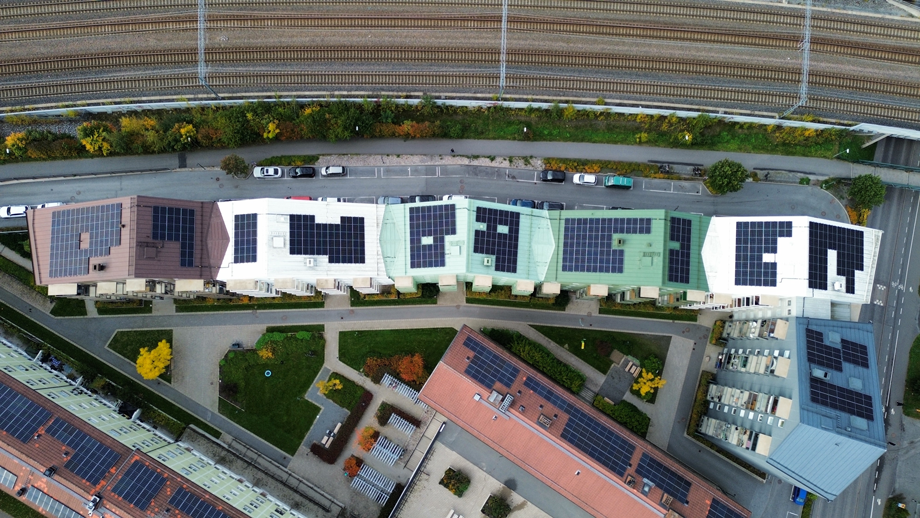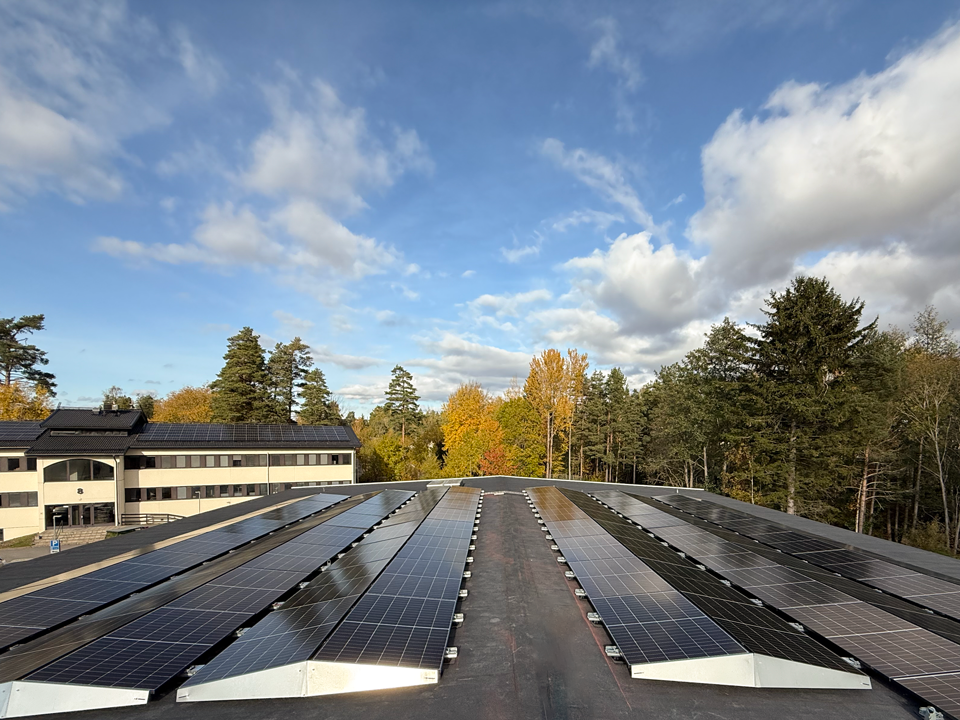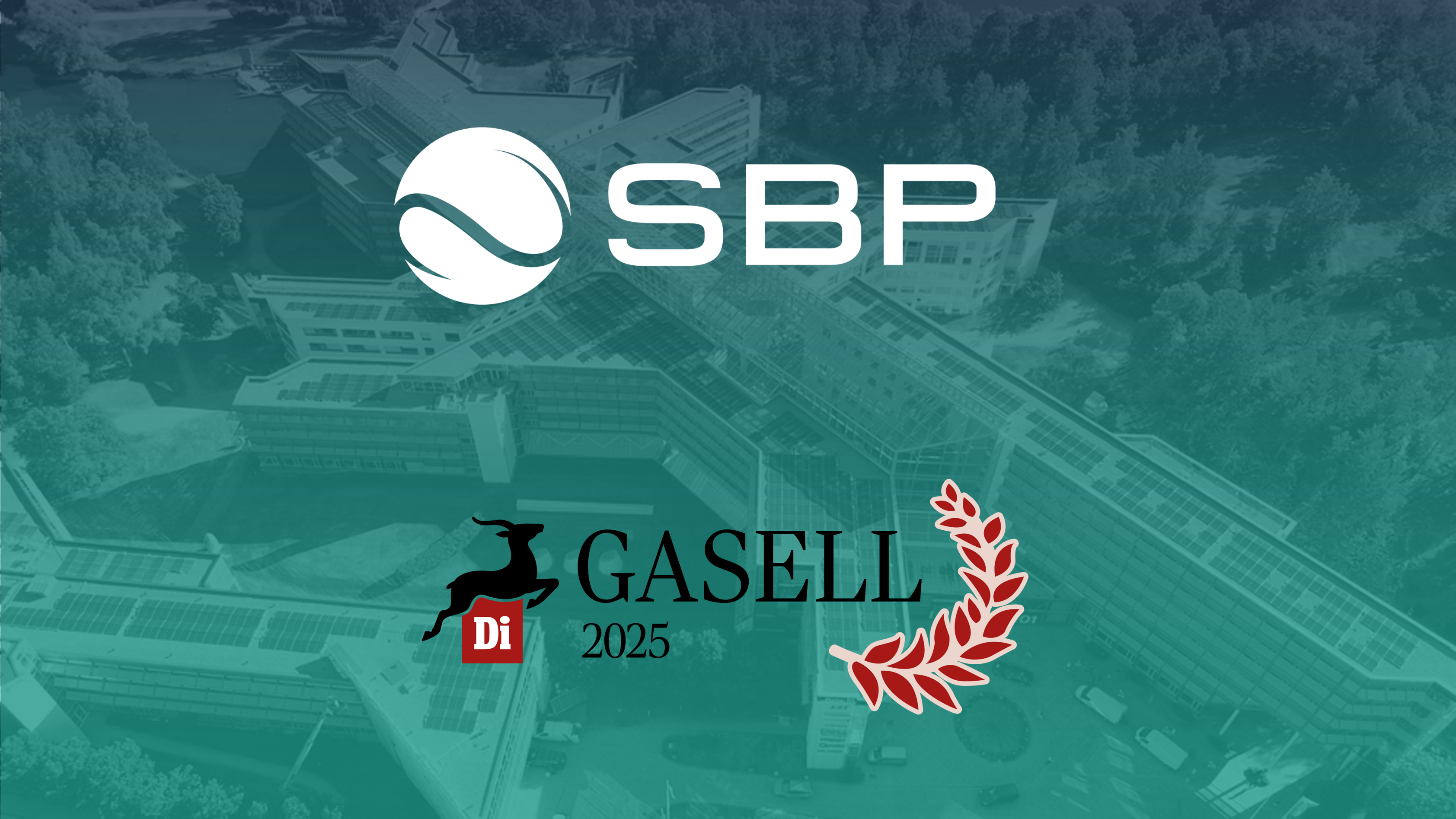Last week, the Norwegian government announced that an additional 100 million Norwegian kroner would be allocated to hydrogen for infrastructure and market development, as well as a research center in the state budget for 2021. This is a doubling from the previous hydrogen budget. The government states that infrastructure development will "establish hubs and supply chains that facilitate commercial use of hydrogen," according to an article from PV Magazine.
Our neighboring country is just one of many that have rediscovered hydrogen. The Port of Corpus Christi, the third-largest port in the USA, has recently agreed with an investment company on a solar power plant with a capacity of 210 MW of solar energy and a battery storage facility of up to 840 MWh. This will be able to power an electrolysis plant to produce approximately 9,000 MT of green hydrogen each year.
Recently, Chile approved a project to produce hydrogen through wind power with the aim of converting the hydrogen into, among other things, synthetic gasoline, and the Spanish government has announced in a report that they will primarily use hydrogen within the railway infrastructure in the future.
The same price development as solar cells and lithium-ion batteries
The figures indicate a clear upswing in the area for the future. According to a report from Aurora Research Center, a typical hydrogen plant will have a production capacity of 100 to 500 MW as early as 2025. The increasing interest is due to the fact that the technology has come a long way in the medially publicized hydrogen-powered fuel cells in the aviation and automotive industries. However, hydrogen has many other uses and is also used for heating buildings and industrial production of glass, steel, and aluminum. In addition, it is becoming increasingly easy to produce hydrogen through solar cells and wind power.
For a long time, electrolyzers, which produce hydrogen from water and oxygen, have been expensive. However, with increased investments and larger productions, prices are now falling drastically in the same way that both solar cells and lithium-ion batteries have done in recent years. The EU has already made strategic investments to create a so-called "hydrogen economy" and thereby expand the supply of sustainable energy.





